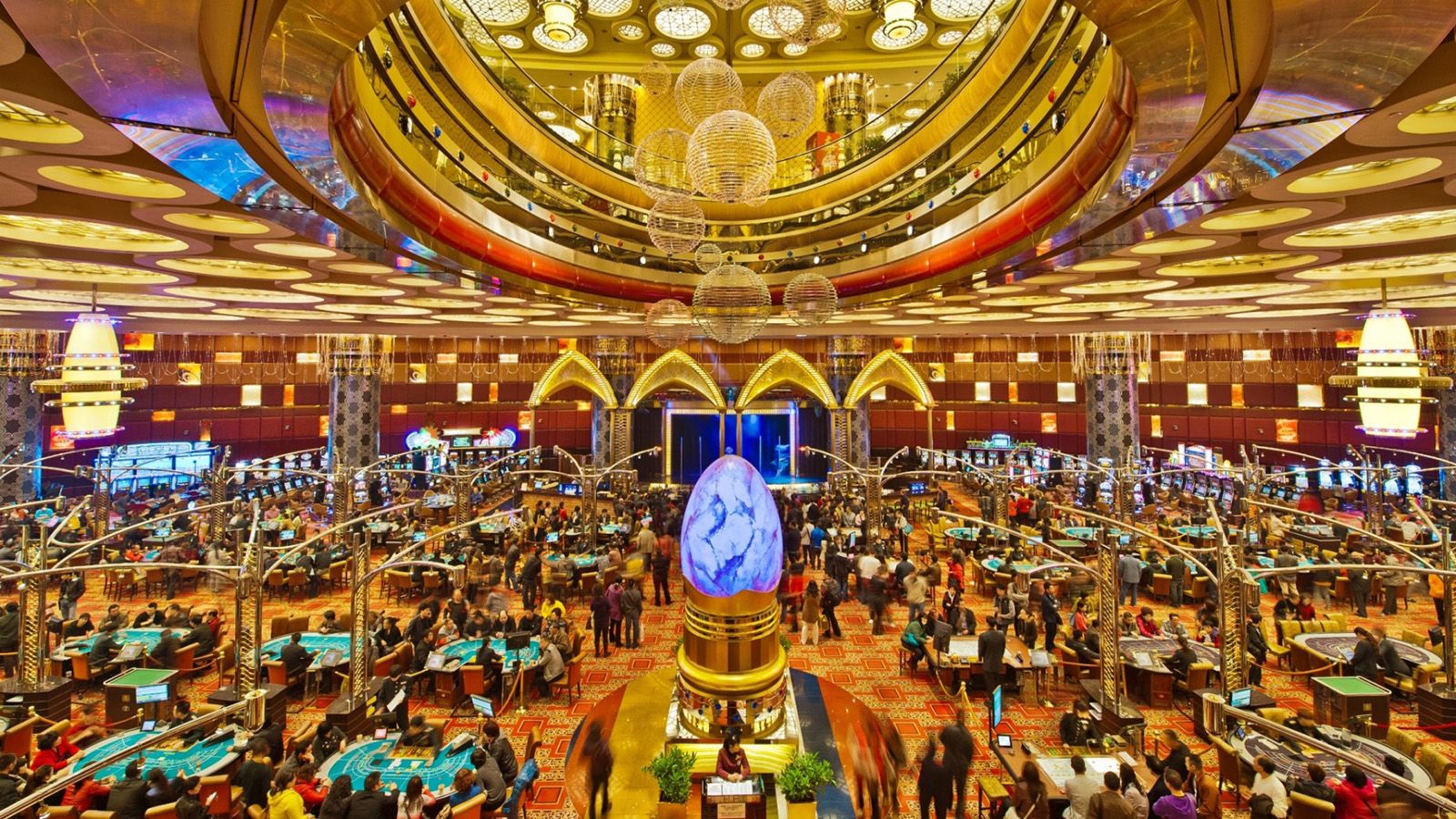
Gambling in casinos has long been a topic of interest and debate, drawing in millions of players globally. With a blend of chance, skill, and the thrill of uncertainty, casino games offer an exciting escape from everyday life. However, as entertainment becomes ever more accessible, it calls for a deeper examination of the ethical implications surrounding these games.
At the heart of the debate lies the question of whether casinos promote safe gambling or exploit vulnerable individuals. The allure of potential winnings versus the truth of losses can create a challenging dynamic, and understanding this balance is essential for both players and operators. As we delve into the morals of casino gaming, we will explore the responsibilities of casinos, the impact on society, and the measures that can be taken to foster a better gaming environment.
The Impact of Casino Gaming on Society
Casino gaming has a significant influence on society, affecting not only the economy but also social behaviors and local frameworks. The revenue generated from casinos can lead to job creation and boost regional economies, as they provide numerous employment opportunities in different sectors including hospitality, leisure activities, and shopping. However, while the financial benefits can be substantial, communities often struggle with the potential negative impacts that arise from increased gambling activity.
Moreover, the presence of casinos can lead to an rise in gambling addiction, presenting significant challenges for players and families. The excitement of casino games can quickly transform into a habitual habit, affecting connections with others and leading to financial instability. Many individuals may find it difficult with the loss of control over their gambling behaviors, resulting in a need for assistance programs and help to address this increasing issue. The social cost of addiction can extend through kinships and neighborhoods, creating an urgent need for sensible gambling approaches.
In addition to the economic and social consequences, casino gaming often showcases cultural attitudes towards risk and entertainment. It can encourage a sense of excitement and leisure, attracting tourists and boosting tourism. However, this allure may also conceal the wider implications of gambling as a method of entertainment, provoking ethical questions about its promotion and availability. As communities weigh the advantages and disadvantages of casino gaming, the need for sensible approaches and oversight becomes increasingly critical in ensuring that the positive aspects are maximized while minimizing the potential harms.
Ethical Concerns in Gambling Practices
The morality of gambling gaming often center around the potential for addiction and its consequences on people and families. Betting can lead to serious monetary distress, impacting not only the betters but also their families. As people become caught in the appeal of winning, many lose sight of their budget, which can result in devastating outcomes such as insolvency. This raises moral questions about the responsibility of casinos in promoting responsible gambling practices and offering support for those who may be dealing with betting addiction.
Another critical issue is the promotion of gambling to at-risk groups. Casinos often aim at low-income people or communities with the promise of quick rewards, which can perpetuate patterns of poverty and despair. In this context, the morality of marketing strategies used by casinos come under examination, as they may exploit the desperation of individuals seeking an way out from financial hardships. 78WIN This manipulation raises ethical questions about the honesty of the gambling industry and its obligation to safeguard its most vulnerable customers.
Additionally, the effect of casino operations on the community as a entirety cannot be ignored. While some argue that casinos create jobs and stimulate local economies, others point to the social costs associated with dysfunctional betting, increased criminal rates, and a strain on public services. Balancing economic benefits with the risk for social harm presents a complex ethical dilemma for policymakers and gambling operators alike. The challenge lies in discovering a responsible approach that prioritizes the well-being of people and communities while still allowing for the pleasure of gambling activities.
Regulation Framework and Responsibilities
The oversight framework related to gaming games is designed to ensure fairness, trustworthiness, and player protection. Multiple government agencies and gaming commissions create and apply regulations that dictate how casino operations operate, the guidelines for product development, and the procedures for handling winnings. These regulations vary by region but typically involve licensing requirements for operators and strict measures to prevent cheating and scams.
In addition to oversight bodies, gambling operators bear significant responsibility in maintaining ethical standards within their establishments. They must adopt ethical player practices that promote participant security and consciousness, including presenting self-limitation options and sharing information about the hazards related to gambling. Operators are also accountable for training workers to identify signs of difficult gaming and be aware of the correct measures to assist customers in distress.
Furthermore, clarity in gaming operations is vital for earning and keeping public confidence. Casinos should present clear data about the odds of operations, promotional opportunities, and any related hazards. By promoting an environment of honesty and responsibility, casinos can help mitigate the potential negative impact of gambling while improving the general gambling experience for all gamblers.
78WIN Đăng nhập
